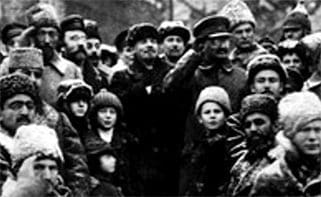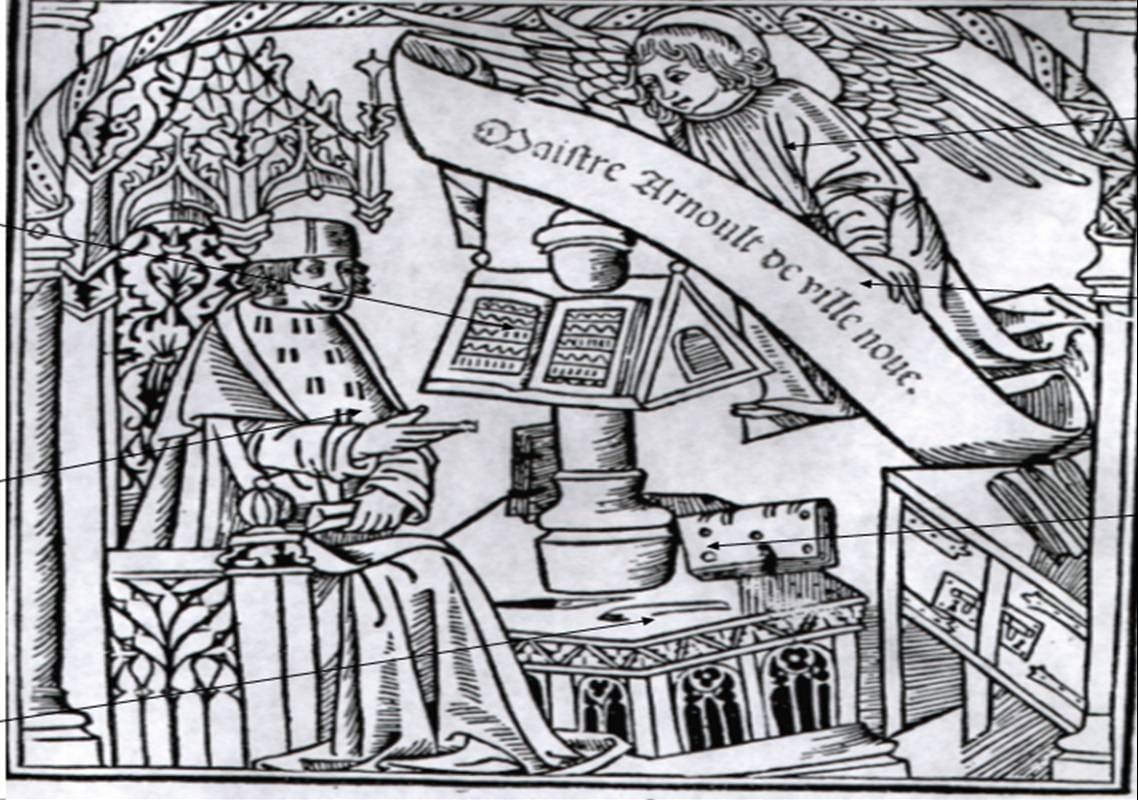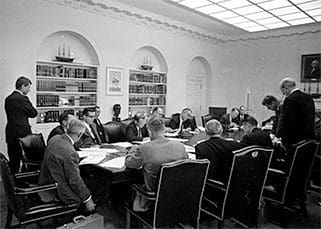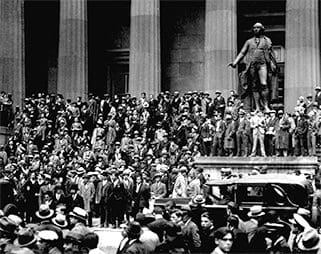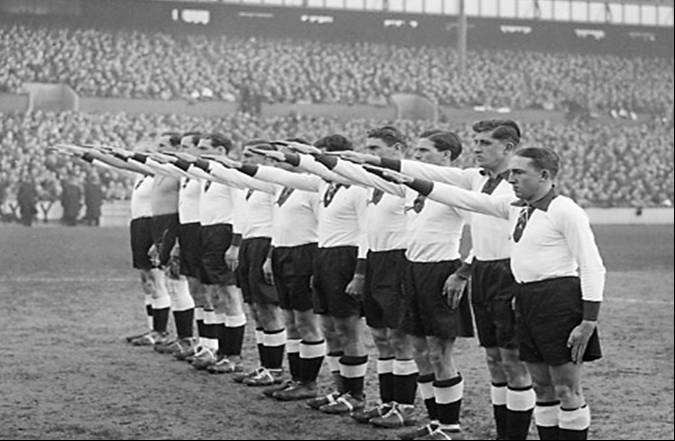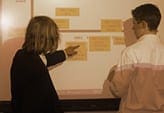
You may be forgiven for thinking that this is a really crass question. If you don’t know by now, and you’ve been teaching GCSE for years, what can this possibly tell you? Don’t worry. This is not meant to be radical, just a few reminders, and a few comments from students, for you to mull over.
When most history lessons at GCSE take place under the long shadow of the final examination and coursework, it is tempting to lose sight of the purposes of the subject. You get so caught up in the examination objectives and the style of past questions that many of the approaches and successful practice at Key Stage 3 is lost. I have had teachers moaning that they spend considerable time on interpretations at Key Stage 3 only for it to virtually disappear at Key Stage 4. And yet at AS/A2 it is back, centre-stage.
When

